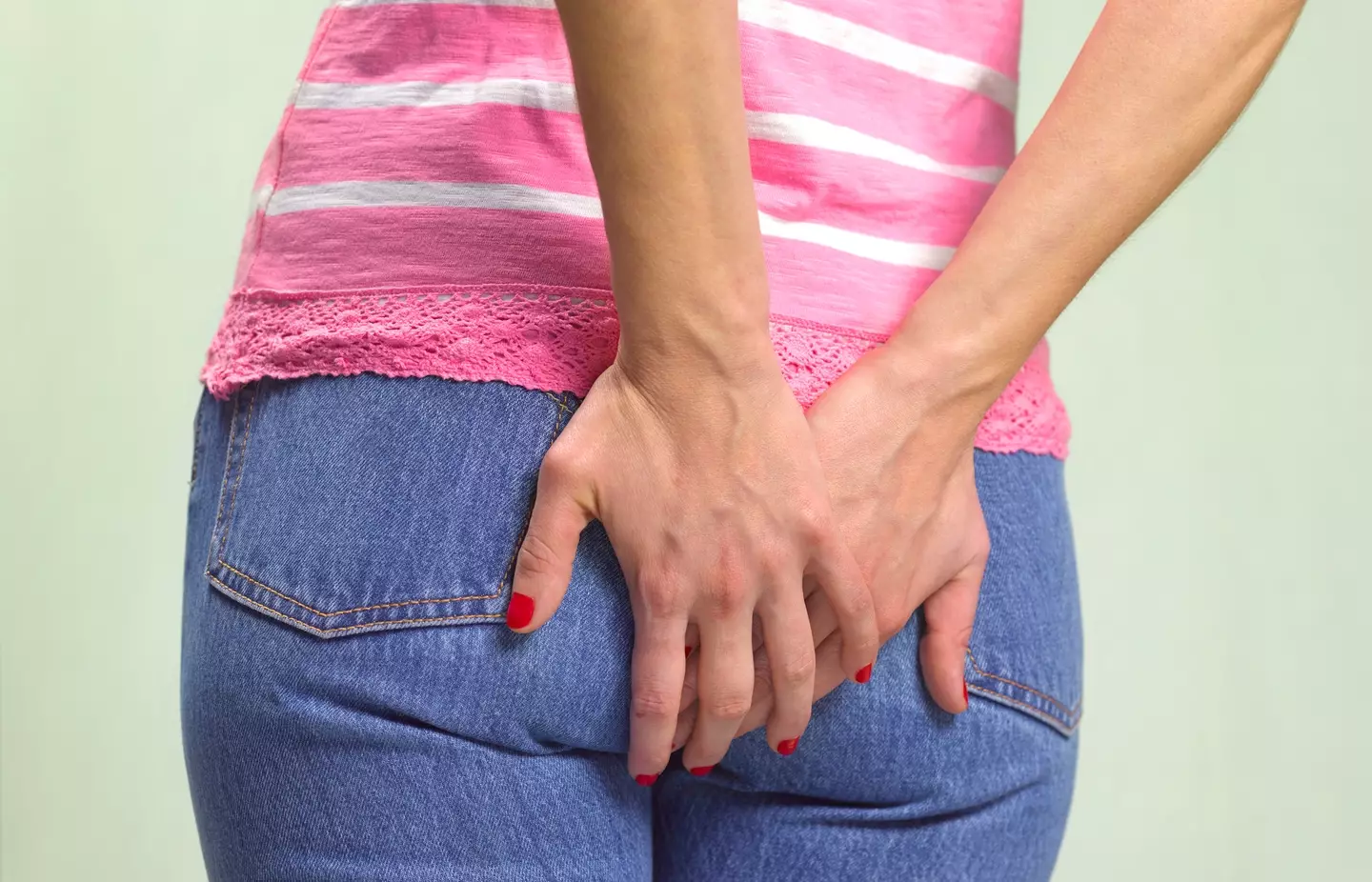There’s a new health trend on the block which sees people walking and farting to release their pent-up gases.
When Canadian actress, Mairlyn Smith, revealed her method on TikTok that she and her husband go on 10 to 20-minute strolls which she calls ‘fart walks’, people were quick to wonder if it actually helps with your health.

‘Fart walking’ might be the newest health trend. Getty stock images
Smith believes that these walks help you to ‘age wonderfully’, but is it true?
When you eat a full meal and start to feel that bloat, it’s your stomach at capacity.
That’s when your digestive system takes over, churning your food around and is controlled by the autonomic nervous system.
This system controls your heart rate and blood pressure, but also your digest responses.
So, it controls how you digest and absorb nutrients and also release excess waste and gases.
This is when the parasympathetic nervous system mobilises your gut, causing it to release digestive juices, which use enzymes to break down your food, so it’s easier to absorb.
When you need to fart, it’s because your digestive system has been breaking down high-fibre foods and indigestible carbohydrates which remain in the gut where it basically ferments.
This gas is then released and can cause some stomach pain if you have a built-up.
Let’s get back to the walking thing.
One study found that exercise could be hindered by GI issues.
The paper read: “GI symptoms during long-distance walking can impair exercise performance, although these symptoms occur less frequently and are less severe in comparison with prolonged intense exercise.”
Another found that people reported more flatulence when resting than when exercising.
There’s also been instances of runners sh*tting themselves while doing marathons.
So, maybe it’s not a great idea to go on a full sprint as soon as you’ve eaten a hearty meal.
But where are the results for a light walk?

Studies suggest it could be beneficial. Getty stock images
Medical News Today thinks that ‘walking, stretching, and moving around may help the gas pass through the digestive system’, while another found that it reduced gases in the digestive system.
Researchers in 2006 performed a study which included asking eight patients who suffered from bloating, some who had irritable bowel syndrome to avoid foods which made them ‘gassy’.
For two days, they had to avoid these foods before the test, which saw them sat in an armchair to ensure they were in the best position not to disturb the gas.
Then, gas was pumped into their small bowel using a plastic tube, and any that came out via the rectum was collected in a bag that was attached to a tube and inserted.
Then, patients were made to use a type of bike, which would keep them sat in the armchair and found that less gas was retained in the patients’ gut when they exercised.
The results concluded that exercise helped the patients to expel the gas and not to retain it in their gut.
So, essentially, exercise could be good for you if you have a bloated tummy and need to relieve yourself.







